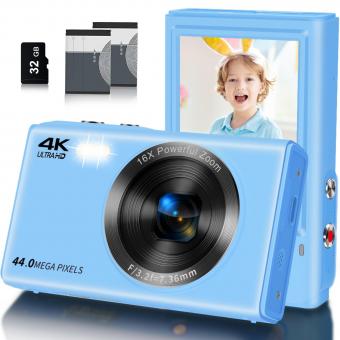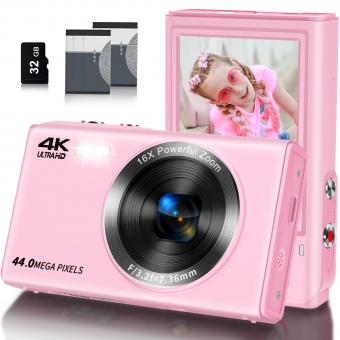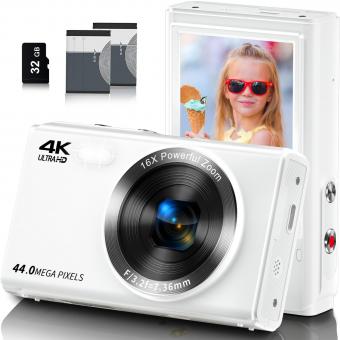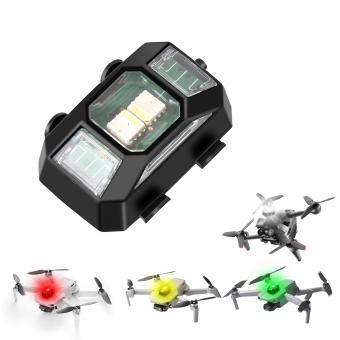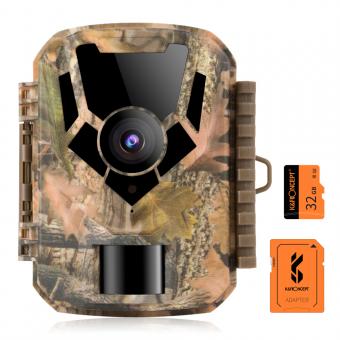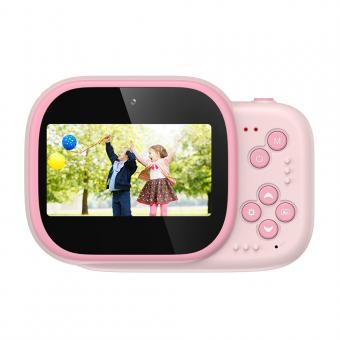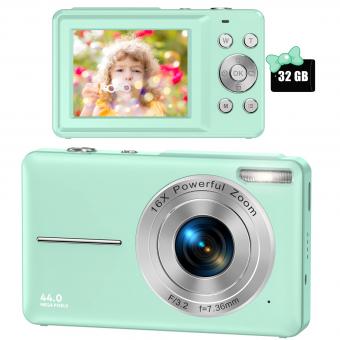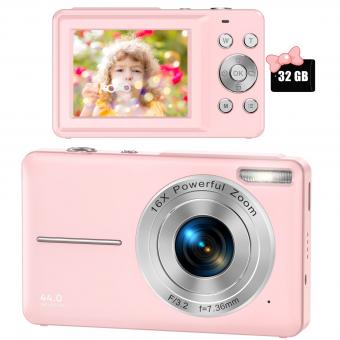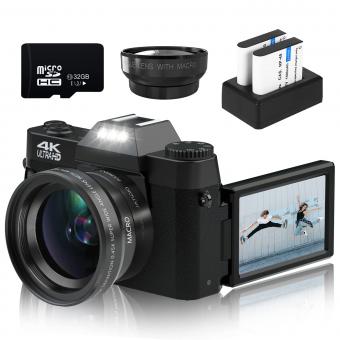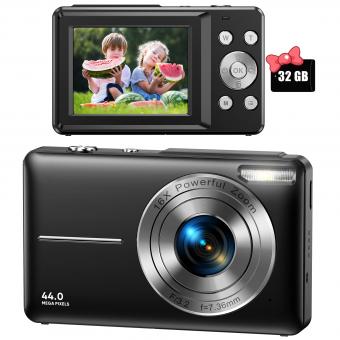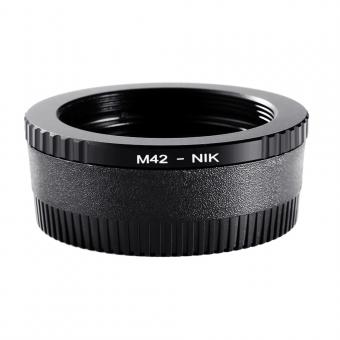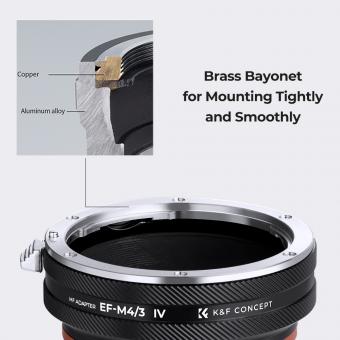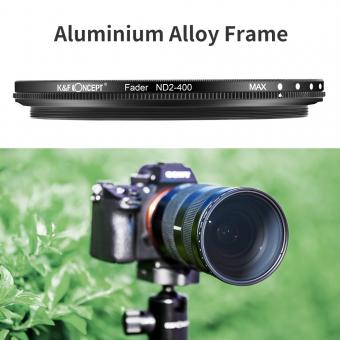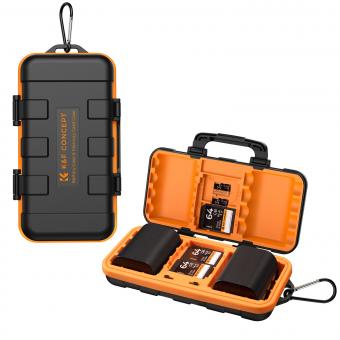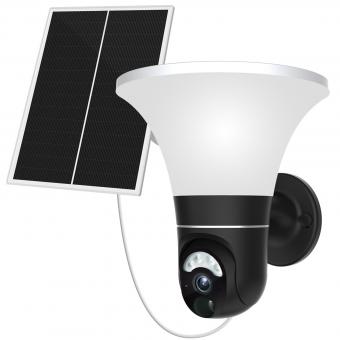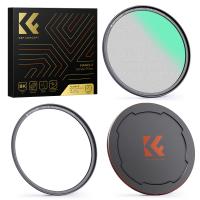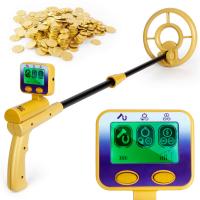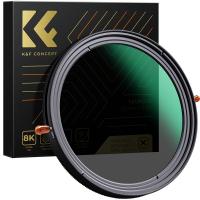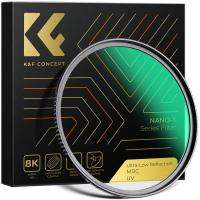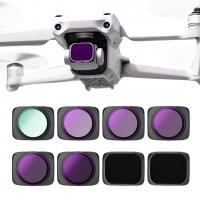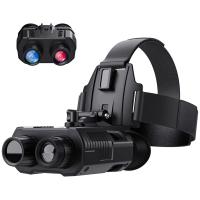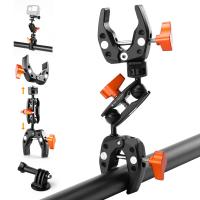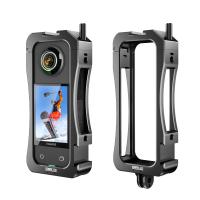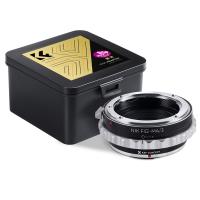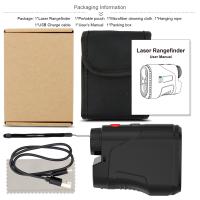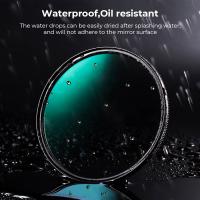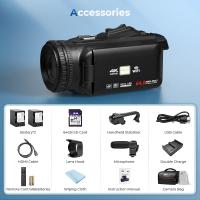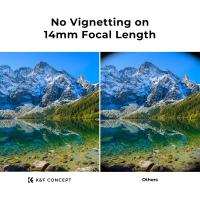How Long Will A Digital Camera Last ?
The lifespan of a digital camera can vary depending on various factors such as the brand, model, usage, and maintenance. On average, a well-maintained digital camera can last anywhere from 5 to 10 years. However, it is important to note that technology advances rapidly, and newer models with improved features and capabilities are constantly being released. Additionally, the lifespan can be influenced by how frequently the camera is used, the conditions it is exposed to (such as extreme temperatures or humidity), and how well it is taken care of (regular cleaning, avoiding physical damage, etc.). Ultimately, the longevity of a digital camera is subjective and can vary from one individual to another.
1、 Lifespan of digital camera components and overall durability.
The lifespan of a digital camera can vary depending on several factors, including the quality of the components, overall durability, and how well it is maintained. Generally, a well-built digital camera can last for several years, but it is important to note that technology is constantly evolving, and newer models with improved features are regularly introduced to the market.
The durability of a digital camera is influenced by the materials used in its construction and the level of protection it offers against external elements. High-end cameras often have robust bodies made of metal or durable plastic, which can withstand rough handling and adverse weather conditions. On the other hand, entry-level cameras may have more lightweight construction, making them more susceptible to damage.
The lifespan of individual components within a digital camera can also vary. The image sensor, which is responsible for capturing the image, is a critical component that can degrade over time. However, advancements in sensor technology have significantly improved their longevity, allowing them to last for many years without noticeable deterioration in image quality.
Other components such as the lens, shutter mechanism, and battery also have a limited lifespan. The lens may require periodic maintenance and cleaning to ensure optimal performance, while the shutter mechanism can wear out after a certain number of actuations. Batteries, being consumable items, will eventually lose their ability to hold a charge and will need to be replaced.
It is worth mentioning that the rapid pace of technological advancements in the digital camera industry means that newer models often offer improved features, image quality, and performance. Therefore, even if a digital camera is still functional after several years, users may choose to upgrade to a newer model to take advantage of the latest advancements.
In conclusion, the lifespan of a digital camera is influenced by the quality of its components, overall durability, and maintenance. While a well-built camera can last for several years, it is important to consider the rapid pace of technological advancements and the desire for improved features when evaluating the longevity of a digital camera.

2、 Factors affecting the longevity of a digital camera.
Factors affecting the longevity of a digital camera can vary depending on various aspects. However, it is important to note that the lifespan of a digital camera is influenced by both internal and external factors.
Internally, the quality of the camera's components plays a significant role in determining its longevity. Cameras with higher-quality sensors, processors, and lenses tend to have a longer lifespan compared to those with lower-quality components. Additionally, the camera's firmware and software updates can also impact its longevity. Regular updates can improve performance and fix bugs, extending the camera's lifespan.
Externally, how well the camera is taken care of and maintained is crucial. Proper handling, storage, and cleaning can significantly prolong a camera's lifespan. Protecting the camera from extreme temperatures, humidity, and physical damage is also important. Regular maintenance, such as sensor cleaning and lens calibration, can help ensure optimal performance and longevity.
Another factor to consider is technological advancements. As technology evolves, newer camera models with improved features and capabilities are introduced. While older cameras may still function, they may become outdated in terms of image quality, resolution, and connectivity options. Therefore, the rate at which technology advances can impact the perceived lifespan of a digital camera.
It is worth noting that the lifespan of a digital camera can vary greatly depending on usage patterns. A professional photographer who extensively uses their camera may experience more wear and tear compared to a casual user. However, with proper care and maintenance, a digital camera can last for several years.
In conclusion, the longevity of a digital camera is influenced by various factors, including the quality of its components, regular maintenance, technological advancements, and usage patterns. By considering these factors and taking appropriate measures, one can maximize the lifespan of their digital camera.

3、 Maintenance and care practices to extend the lifespan of a digital camera.
Maintenance and care practices to extend the lifespan of a digital camera:
Digital cameras have become an essential tool for capturing precious moments and preserving memories. To ensure that your digital camera lasts as long as possible, it is important to follow proper maintenance and care practices. While the lifespan of a digital camera can vary depending on the brand, model, and usage, there are several steps you can take to maximize its longevity.
1. Keep it clean: Regularly clean the camera body and lens to remove dust, dirt, and fingerprints. Use a soft, lint-free cloth or a camera cleaning kit specifically designed for this purpose. Avoid using harsh chemicals or abrasive materials that could damage the camera's surface.
2. Protect it from extreme conditions: Avoid exposing your camera to extreme temperatures, high humidity, or excessive moisture. Extreme heat or cold can damage the internal components, while moisture can lead to corrosion. Use a protective case or bag when transporting your camera to shield it from potential damage.
3. Handle with care: Be gentle when handling your camera, especially when changing lenses or inserting memory cards. Avoid dropping or banging the camera, as this can cause internal damage. Use a neck or wrist strap to prevent accidental drops.
4. Use a UV filter: Consider using a UV filter on your lens to protect it from scratches, dust, and accidental damage. This additional layer of protection can help extend the lifespan of your camera's lens.
5. Regularly update firmware: Manufacturers often release firmware updates to improve camera performance and fix any bugs or issues. Check for firmware updates regularly and install them as recommended by the manufacturer.
6. Store and handle memory cards properly: Memory cards are essential for storing your photos, so it is important to handle them with care. Avoid touching the metal contacts and store them in a cool, dry place when not in use. Additionally, format the memory card regularly to maintain its performance.
7. Use a camera bag or case: Invest in a good quality camera bag or case to protect your camera from accidental bumps, scratches, and dust. Look for a bag that provides adequate padding and compartments to keep your camera and accessories organized and secure.
8. Avoid overexposure to direct sunlight: Prolonged exposure to direct sunlight can damage the camera's LCD screen and affect its overall performance. When not in use, store your camera in a cool, shaded area.
It is important to note that the lifespan of a digital camera can vary depending on various factors, including the quality of the camera, frequency of use, and how well it is maintained. However, by following these maintenance and care practices, you can significantly extend the lifespan of your digital camera and continue capturing memories for years to come.
In terms of the latest point of view, advancements in technology have led to the development of more durable and long-lasting digital cameras. Manufacturers are constantly improving the build quality and durability of their cameras, making them more resistant to wear and tear. However, it is still crucial to follow proper maintenance and care practices to ensure the longevity of your camera. Additionally, regularly updating firmware and keeping up with the latest software advancements can help improve the overall performance and lifespan of your digital camera.

4、 Technological advancements and obsolescence in digital camera industry.
The lifespan of a digital camera can vary depending on several factors, including technological advancements and obsolescence in the digital camera industry. In general, a well-maintained digital camera can last anywhere from 5 to 10 years or even longer.
Technological advancements play a significant role in determining the lifespan of a digital camera. As new technologies emerge, older camera models may become outdated and less functional. For example, advancements in sensor technology, image processing algorithms, and connectivity options can quickly make older cameras seem obsolete. Manufacturers constantly release new models with improved features and capabilities, enticing consumers to upgrade their equipment.
Obsolescence is another factor that affects the lifespan of digital cameras. As technology progresses, certain camera models may no longer be supported by manufacturers, making it difficult to find replacement parts or receive software updates. Additionally, changes in industry standards, such as new file formats or connectivity options, can render older cameras incompatible with newer devices or software.
It is important to note that the lifespan of a digital camera is not solely determined by technological advancements and obsolescence. Proper care and maintenance also play a crucial role. Regular cleaning, avoiding extreme temperatures and humidity, and handling the camera with care can significantly extend its lifespan.
In recent years, the digital camera industry has witnessed several notable developments. Mirrorless cameras have gained popularity due to their compact size, improved image quality, and advanced features. These cameras often incorporate the latest technologies and are designed to meet the demands of professional photographers and enthusiasts. Additionally, smartphone cameras have seen significant advancements, with some models rivaling the image quality of dedicated digital cameras. This has led to a shift in consumer preferences and affected the lifespan of traditional digital cameras.
In conclusion, the lifespan of a digital camera is influenced by technological advancements, obsolescence, and proper maintenance. While the average lifespan can range from 5 to 10 years, it is important to stay informed about the latest developments in the industry to make informed decisions about upgrading or replacing your camera.


